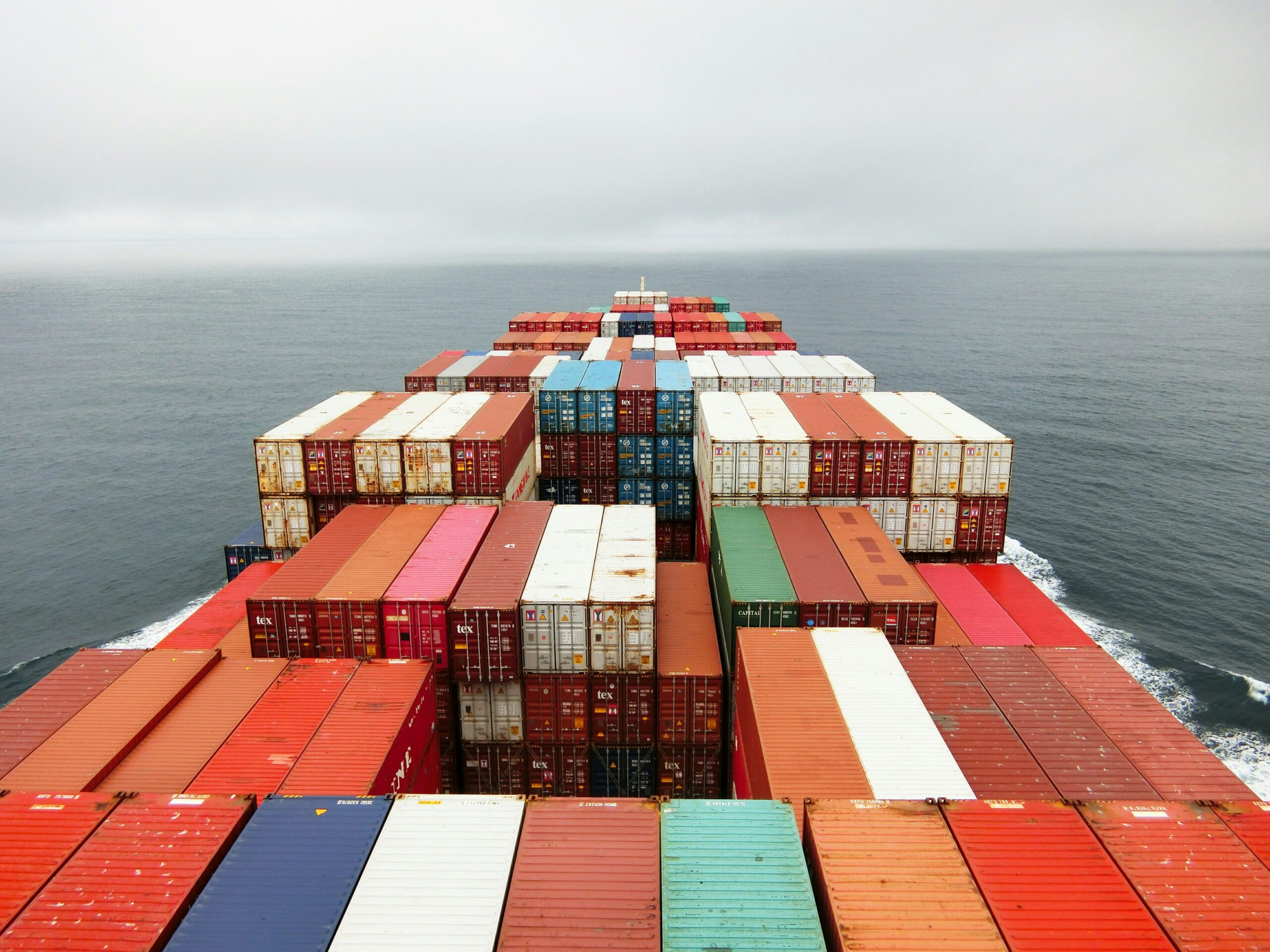
In late February 2025, the Customs Administration of the Ministry of Finance announced proposed amendments to certain provisions of the Standards for Reduction or Remittance of Penalties in Customs Anti-Smuggling Cases (the “Penalty Reduction Standards”). One of the important amendments relates to “small-scale smuggling.” According to the current (pre-amendment) Penalty Reduction Standards, a small-scall smuggling exemption may be applied if the value of the imported or exported goods does not exceed TWD5,000. If the exemption is applied, then the exporter/importer will not be fined, even if the goods are counterfeit. The aim of the amendment is to crack down on counterfeits and effectively protect intellectual property rights by removing this loophole. In this article we will provide an overview of the current legislation relating to small-scale smuggling, the problems it can create, and how the amendments seek to address these.
I. The small-scale smuggling exemption
According to Article 36, paragraph 1 of the Customs Anti-smuggling Act, “Any person who smuggles imported or exported goods or handles smuggled goods shall receive an administrative fine of no more than three times the value of the goods in question.” Meanwhile, Article 4 of the current Penalty Reduction Standards issued by the Customs Administration provides that in cases subject to fines under Article 36, paragraph 1 of the Customs Anti-Smuggling Act, an exemption to the fine applies if the taxable value of the imported goods or the FOB price of the exported goods does not exceed TWD5,000, provided that the goods in question are not firearms, ammunition, or drugs and that there have not been three or more similar violations within a year. Thus, as a general rule, smuggled goods are subject to a fine of up to three times their value. However, smuggled goods valued at TWD5,000 or less are exempt from such fines; this is commonly known as the “small-scale smuggling” exemption.
II. Two problems created by the current Penalty Reduction Standards
First, when smuggled goods that qualify for the small-scale smuggling exemption are counterfeit goods, the exemption creates a loophole that facilitates the import and export of such counterfeit goods, increases the circulation of counterfeit goods in the market, reduces consumers’ willingness to purchase genuine goods, and results in unfair competition against legitimate brands. According to the Customs Statistics of IPR Infringement Cases (2024) published by the Customs Administration, there were 433 cases of imported goods infringing intellectual property rights in Taiwan last year, with a total of 271,748 counterfeit items. Also, since smuggled goods bypass official import procedures, the government is unable to collect the corresponding customs duties, causing losses in public revenue.
Second, the main provision of Article 39-1 of the Customs Anti-Smuggling Act states that “If imported or exported goods, other than parallel-imported genuine goods, that have been declared to Customs infringe patent rights, trademark rights, or copyrights, the importer or exporter will be fined up to three times the value of the goods and the goods will be confiscated.” This provision does not include any penalty exemption for small-scale cases such as that in Article 4 of the Penalty Reduction Standards. As a result, those who truthfully declare their imports and exports to customs cannot avoid fines, whereas smugglers enjoy the benefit of the small-scale smuggling exemption. This inconsistency may unintentionally encourage small-scale smuggling of counterfeit goods.
III. The solution proposed by the draft amendment to the Penalty Reduction Standards
To effectively combat intellectual property infringement, the Customs Administration announced a proposed amendment to Article 4 of the Penalty Reduction Standards on 26 February 2025, narrowing the scope of the small-scale smuggling exemption by adding a provision excluding the applicability of the exemption to goods, other than parallel-imported genuine goods, that infringe patents, trademarks, or copyrights. The amendment is expected to take force in June. Once implemented, in addition to firearms, ammunition, or drugs, or repeat violations occurring three or more times within a year, smuggled counterfeit goods will also be subject to fines of up to three times the value of the goods and confiscation even if the taxable value of the imported goods or the FOB price of the exported goods does not exceed TWD5,000. Consequently, both declared and smuggled counterfeit imports and exports will face the same fine of up to three times the value of the goods.
However, the amendment still leaves several unresolved issues. For instance, distinguishing between genuine and counterfeit goods can sometimes be challenging. When disputes arise, how should one go about proving the that the goods in question are not genuine? This is a potential challenge that may arise once the amendment takes force.
As for travelers who unknowingly or inadvertently bring counterfeit goods into Taiwan, such as by wearing or carrying fake goods, will they also be fined? According to Judicial Yuan Interpretation No. 521, fines under Article 36 of the Customs Anti-Smuggling Act should still be based on intent or negligence by the individual as a condition for liability.
Written on 19 March 2025 by Gary Kuo, Pei-hsu Wu, and Zeng Yanlin.
Translated on 21 March 2025 by Hung-yi Yang and George Bobyk.
For more information on trademark and IP protection and enforcement matters in Taiwan, please contact Gary Kuo, Pei-hsu Wu at gkuo@winklerpartners.com or pwu@winklerpartners.com.

